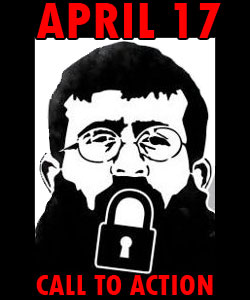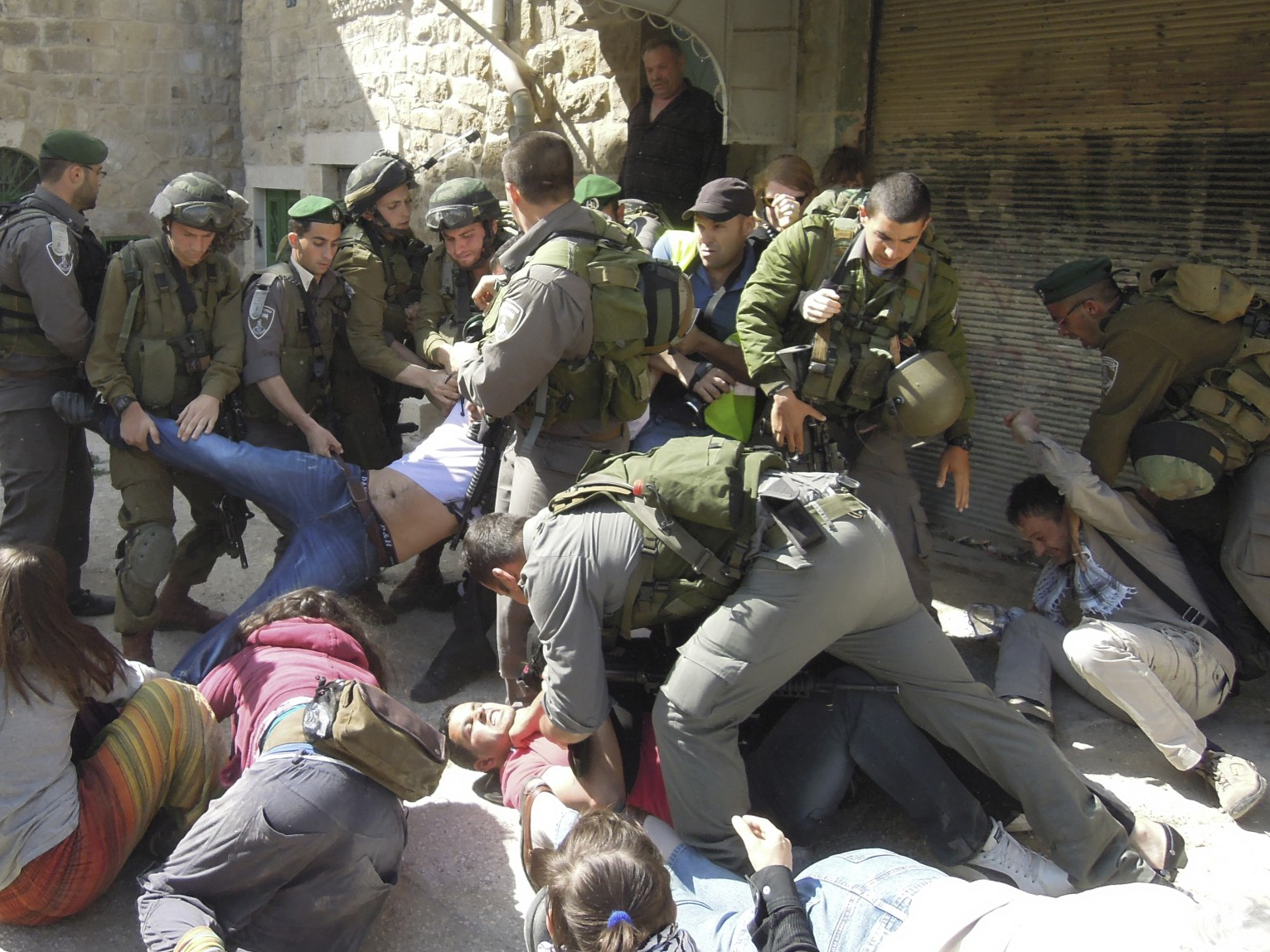Year: 2012
-
42 days of hunger strike: Take action to save Hassan Safady from dying in administrative detention
by Silvia and Andreas 13 April 2012 | International Solidarity Movement, West Bank Please SUBMIT pictures in solidarity with Hassan Safady FREE HASSAN SAFADY FREE ALL PRISONERS IN ADMINSTRATIVE DETENTION Today Hasan Safady entered into his 42nd day of hunger strike. Ten months ago, he was brutally arrested from his home in the old city…
-
Call for international action: Show your support on Palestinian Prisoners day
12 April 2012 | International Solidarity Movement This week International Solidarity Movement is calling for international solidarity in the run up to Palestinian Prisoners Day on the 17th April. The Palestinian prisoners struggle needs immediate international attention as Israel’s treatment of prisoners under a military judicial system starkly violates international law and fundamental human rights. …
-
Israeli Border Police violently attack Palestinians and Intl’s in Hebron
by Abir Kopty 11 April 2012 | Popular Struggle Coordination Committee Twelve were detained and Three were injured after Israeli forces attacked participants of the Bili’n Conference on the Popular Struggle who toured Hebron. Israeli Border Police officers attacked a group of Palestinians and Internationals who participated in the 7th International Bil’in Conference on the…



